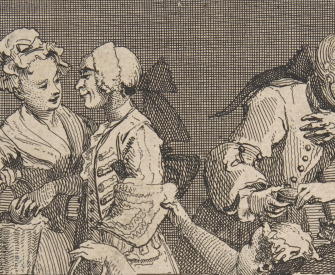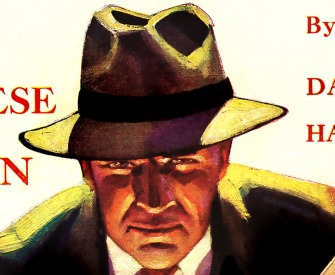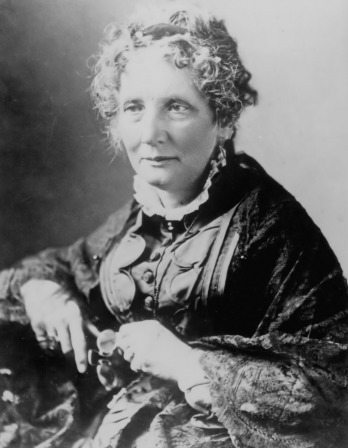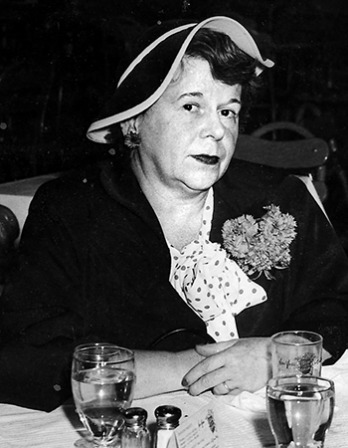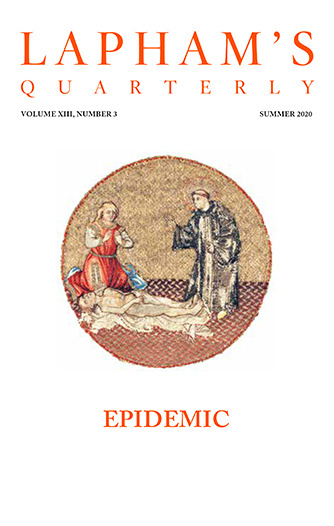Grown up, and that is a terribly hard thing to do. It is much easier to skip it and go from one childhood to another.
—F. Scott Fitzgerald, 1940The Long Goodbye
A reconsideration of Gustave Flaubert’s A Sentimental Education—and the very idea of growing up.
By Michael Wood

A Dance in the Country, by Giovanni Domenico Tiepolo, c. 1755. The Metropolitan Museum of Art, Gift of Mr. and Mrs. Charles Wrightsman.
For a long time French and English novels were content to borrow their titles from the names of their chief characters, and this is how readers first learned of Robinson, Moll, Pamela, Jacques, Tom, Humphry, Tristram, Émile, Evelina, Emma, Oliver, David, and many others. Starting in the late eighteenth century, titles took a descriptive or even predictive turn. There were dangerous liaisons, prides and prejudices, lost illusions, great expectations, crimes and punishments, and other moral or legal considerations. These titles didn’t tell us much, but they hinted at risk and comeuppance, seemed to profess a large wisdom readers might share with the author at the expense of the characters. The novels themselves were not half as moralizing as their titles suggested—most of them were not moralizing at all—but they did seek collusion, appealing to what we thought we knew. We knew, for example, that expectations are great but rarely met. That’s what expectations are; otherwise they would be done deals. And the meaning of the word illusion gave us pause. In French as in English it suggests error or misperception, but more strongly and immediately the word evokes hopes and dreams—aspirations whose loss we cannot welcome. We might think that the phrase great expectations, tinted with a slightly tired irony, is the perfect translation of lost illusions. We lost them, what did we expect? Perhaps we lost them because our expectations were so high.
Almost all of these great novels address the question of how and when we grow up. When we become wise, or when we are defeated. When we get married. When we stop making our favorite mistakes. The interest of the titles is that they suggest that readers have already come of age yet are longing to go back in time to watch another person go through the process. Any novel of disenchantment and maturity must conjure up the very magic and youth that will, happily or with regret, be left behind. The reader tracks the full story with sympathy and surprise but enjoys a kind of prudential advantage over the characters.
Gustave Flaubert’s Sentimental Education possesses all of the above qualities and more: loaded title, financial expectations, a host of illusions to be lost, a knowledge of human folly that allows no appeal. Oh, and a major revolution, staged between February and June of 1848, when many people grew old before they had finished being young. Flaubert implied on many occasions that France itself came of age in the worst sense, if not in 1848, then with the arrival of the Second Empire, which the upheaval helped to precipitate, four years later. The possibilities for what a coming of age might mean are not obvious in Sentimental Education, in large part because the novel offers such a perfect picture of the confusion, wrong turns, and bad directions that seem inseparable from growing up. It’s still going on till very late in the day, and only at the very end of the book do we learn what has happened; even then, it may only be what the characters think they have discovered.
The novel tells the story of Frédéric Moreau, as well as that of his friends and acquaintances. In the first chapter he meets Mme Arnoux, who becomes the love of his life, on a river steamer, and devotes the whole book to dreaming of her. She is the wife of the novel’s most charming and rascally speculator, an art dealer, among many other things. Frédéric aspires to be a writer, moves from his provincial town to Paris, drops out of law school, conducts several affairs, dabbles in politics, and witnesses the revolution. He is horrified when he sees a former radical turned policeman kill the one entirely decent person in the novel, and he leaves France for several years, his departure and reentry announced in famous one-sentence paragraphs: “He traveled the world” (literally, “He traveled”); “He returned home” (literally, “He returned”).
This book is so much a coming-of-age novel that its characters read other coming-of-age novels. When Charles Deslauriers, a school friend, learns that Frédéric may have an introduction to an important financial and political figure in Paris, he evokes a famous figure in Balzac to gall him on:
“There’s nothing like mingling with the rich. Since you own a tailcoat and a pair of white gloves, make the most of them. You must get into that circle. You can introduce me later on. A millionaire—just think of it. Make sure you get into his good books—and his wife’s! Become her lover!”
Frédéric protested.
“But this is just the way the world goes. Remember Rastignac in the Comédie humaine. You can do it, I’m sure you can!”
Frédéric had so much confidence in Deslauriers that he felt shaken.
Eugène de Rastignac first appeared in Le Père Goriot (1835) and later shows up as a model for the hero of Balzac’s own Lost Illusions (1837–1843). “But this is just the way the world goes” is an excellent idiomatic translation, but in the context it’s worth noting that Deslauriers literally says in French, “But these are classic things I’m saying to you.” What’s classic is the route to the top by influence and seduction, and Rastignac is the classic climber. A classic doesn’t have to be true in any small-time way, of course; it just needs to get the large principles right. Or we need to believe that’s what it does, and that’s why Deslauriers can appeal to the concept. It’s important that he himself trusts in his argument, or wants to, and that Frédéric is persuaded not by the strength of the assertion but by his own faith in his friend.
The name of Rastignac reminds us that Sentimental Education belongs to two other genres related to that of the coming-of-age novel—or perhaps there is only one genre hiding under the various names. The first, more traditional name is the Bildungsroman, and Bildung would certainly be a plausible translation of education, and vice versa. The genre is always associated with Goethe’s two novels about the intellectual and moral formation of a young man, Wilhelm Meister’s Apprenticeship and Wilhelm Meister’s Journeyman Years, but there are novels in many languages that would qualify for entry; it’s almost more helpful to think of novels that are not Bildungsromans, like fictions centering on the picaresque hero, the tortured heroine, or the marriage plot. F.W. Dupee, in what is perhaps the best single essay on Sentimental Education, calls it “a negative Bildungsroman. With the characters, the education by experience doesn’t ‘take.’ They learn nothing.” Dupee adds that “for readers, the novel is an unlearning of indefensible sentiments and ideas.” This is true, but there’s more. The readers have the chance of a different kind of learning, of understanding that coming of age can happen too soon, or not at all, or may not be a single event.
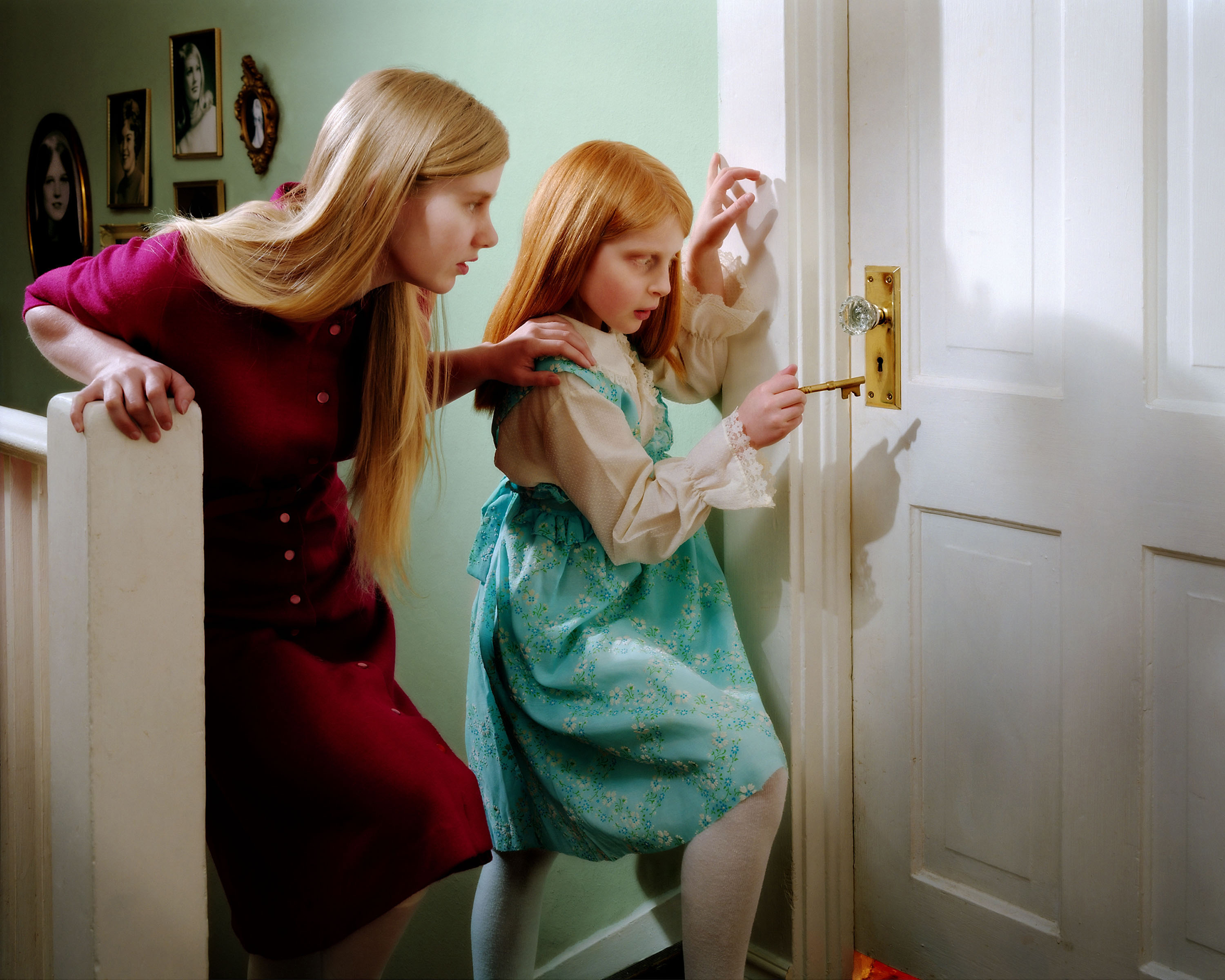
Outside the Forbidden Bedroom, from the series Sparrow Lane, by Holly Andres, 2008. Chromogenic dye coupler print. © Holly Andres, courtesy of Robert Mann Gallery, New York.
The other name for the genre evokes the Young Man from the Provinces, the theme of “a great line of novels,” as Lionel Trilling says, “the very backbone” of nineteenth-century fiction. The provinces may be metaphorical, the outskirts of whatever world the young man wants to join, although in Flaubert, as well as in Balzac, Stendhal, and Dickens, they are usually quite literal. At the heart of the story is a strange marriage between historical change and personal romance, in which money, which Trilling calls “the hard fluent fact” of modern society, operates in both regions. Money unravels hierarchy, makes the changing European society open to the arrival of underprivileged young men—but not that open, for money can also keep them out or destroy them. The story occurred in reality, Trilling suggests, before it made its way into fiction, and Rousseau and Napoleon were its visible stars: “Jean-Jacques Rousseau is the father of all the Young Men from the Provinces, including the one from Corsica.”
While Sentimental Education provides the requisite arcs and twists of a Bildungsroman, a coming-of-age novel, and a story of a Young Man from the Provinces, it also questions the assumptions of each, asking if any of these stories quite leads to where it is supposed to go. This is to say that we are invited to explore the realm of what Balzac calls illusions and Flaubert calls sentiments, where ambition and fantasy are rampant and sometimes fulfilled, where cynical advice passes as sagacity. It is the realm of what we think we know—what some of us are sure we know—but where none of us is always right. In other words, the world we enter in adolescence and rarely ever leave. The trouble with the place is that although it provides unheard-of opportunities, it offers no guarantee in individual cases. This is as true for bad news as it is for good. If so many European novels seem to know that things will not end well, they know this for sure only because they are novels, because the choice of endings belongs to the author, not to chance or history. What the novels and the authors know beneath their plots, or inside of them, is that almost anything can happen; that the difference between a successful plan and an aberrant fantasy can’t be told until the game is completely over.
If you become the lover of the wife of your millionaire patron, as Frédéric does in Sentimental Education, you may seem to have it made, the Rastignac plan playing out perfectly. And when the millionaire dies and you are set to marry into untold wealth, what could possibly go wrong? Well, your wife-to-be might turn out, as Frédéric’s does, to be less rich than she thought she was, and like Frédéric, you might in any case blow the whole scheme by borrowing money from her in order to help the woman you really love. This is not a lost illusion, except in the most diffuse sense. It is a cynical fairy tale that came and went—the victim of a sentimental error, or was it a sentimental truth?
It’s unclear, and the ambiguity shouldn’t take us by surprise, since it was there from the start, even before the start, on the cover of the book. The most obvious meaning of sentimental in French is “to do with the feelings”—we could translate Flaubert’s title as Education of the Heart—and in English the word means “showing displaced or excessive feeling.” Yet translators are right to stay literal, since Flaubert manages to set both meanings to work at once. In Flaubert sentiments are scarcely ever just sentiments: they are clouded, misread, misused emotions, forms of delusion, authentic feelings deeply attached to the wrong objects, and much more. This is why for him—to deploy his compressed joke in a still pretty compressed way—an education of the sentiments will have to be sentimental.
Frédéric and Deslauriers pursue different careers, taking on Paris—as Rastignac sets out to do at the end of Le Père Goriot—and meeting a brilliant array of character types and social climbers: painters, lawyers, writers, actors, singers, kept women, professional politicians, financiers, protesters. Many of these people are successful but none sees the world straight: there is always a tilt, an angle. Frédéric is not so much the hero of the novel as the inconsistent mind through which the events of the novel are, so to speak, ideally seen: their blurred reality complements his blurred vision. He has his passionate moments; he stands up occasionally for the oppressed, and there are times when his horror of the venality of the conservative well-to-do overcomes him. He tells himself that his patron was in the habit of “worshipping authority so fervently that he would have paid for the privilege of selling himself”; of a complacent crowd in a salon, he thinks, “They would have sold France or the whole human race to safeguard their fortunes, spare themselves the least twinge of discomfort or embarrassment, or simply out of mere servility and an instinctive worship of power.” The youthful outrage quickly fades away each time.
Even Frédéric’s love for Mme Arnoux is more of a dream than a passion, and she is consistent for a long time in resisting his approaches. One day, touched by what she takes to be his devotion, she agrees to meet him in secret. Frédéric is in heaven; she doesn’t show up. Out of defeated desire as well as a kind of vengeance, he sleeps with someone else in the allotted rendezvous spot. Later he learns that she didn’t come to the meeting because her child was ill. Of course Flaubert arranged the child’s illness—there are no accidents in novels—and many readers interpret such ironic arrangements as Flaubert’s cruelty to his characters. For a long time I too thought this. But we might see this cruel turn of events not as an author’s nasty trick or as the odds against happiness in life but as another sign of what could happen to any plan, the slippage between scheme and result.
Frédéric and Deslauriers represent, rather schematically, the illusions of—or sentiments attaching to—love and power, or this is what Flaubert’s seemingly omniscient narrator says they tell themselves when they take stock. At the end of the novel, after nearly thirty years of friendship, including several quarrels and reconciliations, they get together, as any old school friends might one evening, over a drink by a fire, although it isn’t exactly a talking over of the glory days:
And they looked back over their lives.
They had both failed, one to realize his dreams of love, the other to fulfill his dreams of power. What was the reason?
Frédéric thinks it’s because he didn’t stick to “a straight course.” Deslauriers, for his part, feels he himself was “far too rigid in [his] line of conduct.” Flaubert’s narrator adds, with an economy that is a form of judgment, “Then they blamed chance, circumstances, the times into which they were born.”
There’s too much to say about this simple setup, starting with its deceptive simplicity. Are Frédéric and Deslauriers right about their lives? If they are not right, how wrong are they? And who is telling us about the way they talk and think? Nothing in the novel suggests that Frédéric and Deslauriers devoted themselves exclusively to love or power, or indeed that deviation and rigidity were the sole errors of either. The simplification belongs to their sentimental memory, that backward glance that reveals the silhouette of a former self that is then gladly and unwittingly filled in by one’s present-day desires. Frédéric’s life is full of politics and social ambition, and if what he thinks of as love may actually include a few flickers of the real thing, it mainly consists of a series of affairs and abandonments. Deslauriers has had affairs too, is married, and has thought at least as much about his resentments and his poverty as about power. They misunderstand their lives, but they do it with elegant clarity, and they do it together, entirely on the same deluded wavelength.
How do we know the wavelength is deluded? We don’t—or we don’t know for sure. But the question can be asked because the story is told not by an unreliable narrator—as so many stories by Henry James are, for example—but an entirely reliable laconic narrator: he says too little for us to know exactly what he is saying. This feature of Flaubert’s style is everywhere in the novel, and far more perfect in its tone and concision than the style he created for Madame Bovary. How do we read the trinity of easy phrases that so concisely capture the spirit of the book and, sadly, for some, the reality of growing up and old: ‘‘they looked back”; “they had both failed”; “What was the reason?”
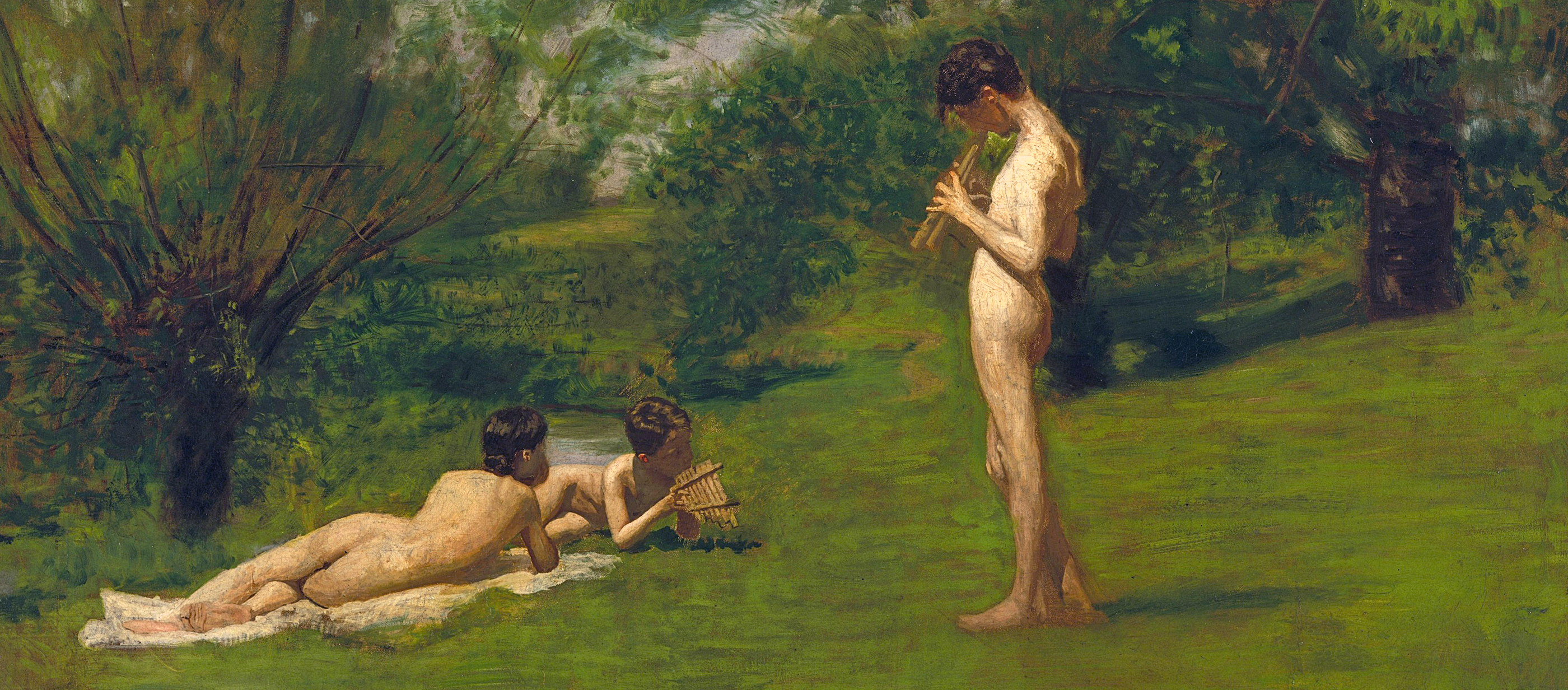
Arcadia, by Thomas Eakins, c. 1883. The Metropolitan Museum of Art, Bequest of Miss Adelaide Milton de Groot (1876–1967), 1967.
“They looked back” is unambiguous. The narrator tells us about something that happened, and he can’t not know this—it’s his story. The two men are talking about something and that something is the past: they are looking back. But what about “they had both failed”? Is the narrator delivering a final verdict on their lives? And if he is, does he know about their failure in the way he knows they are looking back? Isn’t this quite a different kind of knowledge, one more open to question, and perhaps not in the narrator’s domain at all? Or perhaps this is what Frédéric and Deslauriers are saying to themselves, and the narrator is not saying anything, just summing up for them in his own terms, without quotation marks. This is a method often associated with Flaubert, although there are fine examples in Jane Austen; it’s called free indirect style. The interest of the method is that it often makes a huge difference in interpretation whether we notice it or not, but there remains no visible mark that forces us to notice it if we don’t want to. The difference and the invisibility team up and leave almost everything to us. This is exactly how the question “What was the reason?” plays. Is the narrator asking us or mirroring the asking of the two men? What do we think of these options—and of having an option at all? Here the sentimental education is that of the reader. Whichever reading we choose, we shall have participated in the actual outcome of the book.
The situation is a little easier when we get to the beginnings of Frédéric’s and Deslauriers’ self-evaluations—“Then they blamed chance”—since the narrator seems to have tipped his hand. He’s summarizing again, but the summary feels like a satire of sentimental evasion. The men are not wrong, of course, to think of themselves as victims of chance and children of their time; just wrong to think this made them different from anyone else. The Young Men from the Provinces have come of age finally, and if we don’t believe that failure is all there is to see here, we may imagine they have come of age by pretending to be wiser than they are. What would mitigate the failure is whatever awareness they may have of their own pretense—of the space between the stories they tell themselves and what they know when they are not telling stories.
The melancholy last meeting between Frédéric and Mme Arnoux, which immediately precedes this scene, offers a related but not identical take on the backward glance. With its mixture of wrenching emotion and stark sarcasm, the passage is a masterpiece in Flaubert’s most intricate manner. She comes to visit him, they sit, they smile at each other. She says she didn’t follow up on their relationship because she was afraid—afraid of him, afraid of herself—a confession that produces a “paroxysm of delight” in Frédéric. She often thinks of him, she confesses, especially when she strolls in the garden of her country house and rests a while on a particular bench—“Frédéric’s bench.” Then she catches sight of a painting of one of Frédéric’s mistresses, and says she thinks she recognizes the woman. “No, you can’t,” Frédéric replies. “It’s an old Italian painting.” They speak in the dubious tenses of future nostalgia: “We shall have loved each other well…How happy we would have been.” After she takes her hat off, revealing her white hair, Frédéric starts “murmuring endearments” to hide his disappointment; she, the narrator says, “rapturously accepted this adoration of the woman she had ceased to be.” A little later Frédéric suspects that Mme Arnoux has come to give herself to him, and the thought fills him with desire and repulsion, and—a perfect, trivial, all too plausible addition—the fear of being disgusted by the whole scene afterward:
And partly out of prudence and partly to avoid degrading his ideal, he turned on his heel and started rolling a cigarette.
She gazed at him admiringly.
“How considerate you are! There’s nobody like you!”
There is enough bathos and misperception in this scene to sink it into the broadest satire: the bench, Frédéric’s lie about the painting, the sentimental journey into future memories, Mme Arnoux’s delight in Frédéric’s distracting compliments, his suspicion of the reason for her visit, her romantic misreading of his muddle. And yet real feelings are engaged, caught up not only in the sentimentality that soaks the ways these characters have of thinking about the heart, but also in a genuine, yearning loyalty to the best in themselves, in a sense of loss that is all the more real because most of its ingredients are imaginary. Flaubert rather tenderly strikes this note early on in relation to Frédéric’s fantasies: “These daydreams seemed so real that eventually they made him feel miserable, as if he had lost something precious.”
The beauty of this scene, surely one of the greatest in literature, brings us back to the question of coming of age. And here again, as with the story of the Young Men from the Provinces, only more eloquently and enduringly, failure becomes success. In their sad and cliché-freighted fashion, Frédéric and Mme Arnoux have experienced a love that cannot be outlived. They can grow old, but they can’t grow up, or not in a way that will allow them to escape the allegiances of their younger days. One of the more attractive forms of coming of age would be to refine the very notions of age and arrival as we were caught up in the act.
